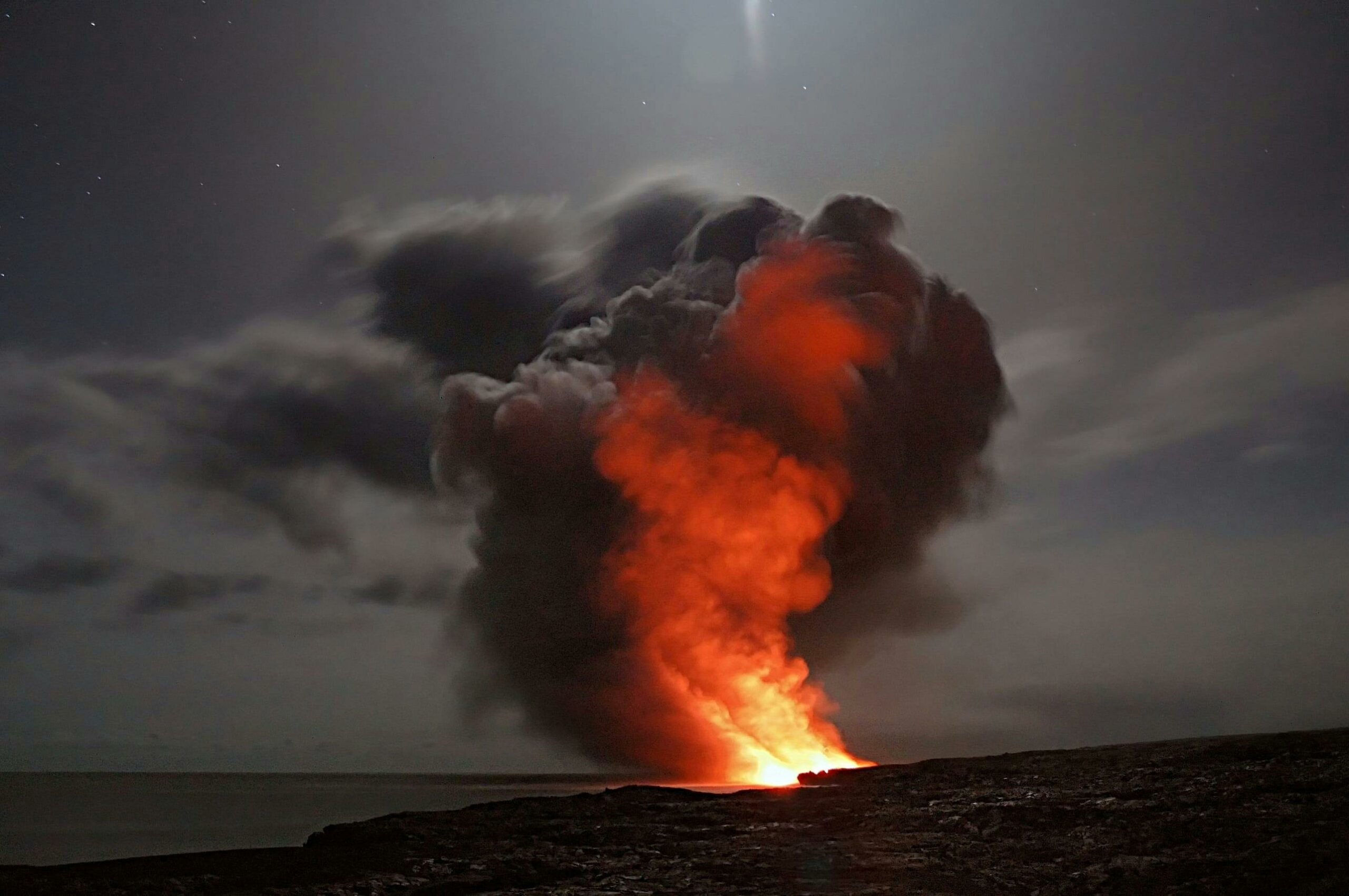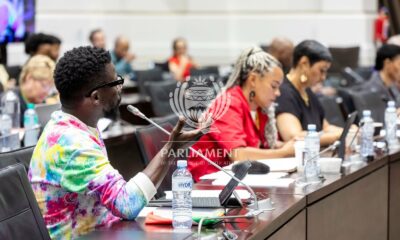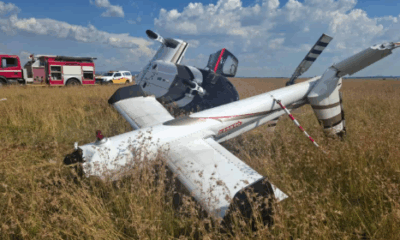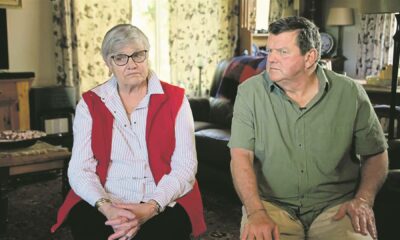Seventeen young South African men, lured from their homes by the promise of lucrative work, now find themselves trapped in one of the most dangerous places on Earth: the war-ravaged Donbas region of Ukraine. Their desperate pleas for help have reached the highest levels of government, triggering a diplomatic rescue mission.
In a shocking revelation, the Presidency confirmed it has received distress calls from the group, aged between 20 and 39. Sixteen are from KwaZulu-Natal and one from the Eastern Cape. They were reportedly recruited under false pretences, promised employment, and then coerced into joining mercenary forces involved in the brutal Ukraine-Russia conflict.
A President’s Condemnation and an Investigation Launched
President Cyril Ramaphosa has strongly condemned the exploitation of the men, whom he described as “young vulnerable people.” Presidential spokesperson Vincent Magwenya stated that the head of state has ordered a full investigation into the circumstances of their recruitment.
“The South African government strongly condemns the exploitation of young vulnerable people by individuals working with foreign military entities,” Magwenya said. The government is now actively working through diplomatic channels to extricate the men from the active warzone and bring them home.
A Clear and Present Law
The case highlights a serious and often-overlooked South African law. Magwenya pointedly noted that the Foreign Military Assistance Act makes it a criminal offence for any South African citizen to offer or provide military assistance to a foreign state or to participate in a foreign army without explicit authorisation from the South African government.
This means the recruitment of these men was not only predatory but also illegal from the outset. They were sent into a active conflict zone under false pretences, violating national law and placing them in extreme peril.
The situation paints a grim picture of international mercenary recruitment, which often preys on the economic desperation of young men with promises of high pay and adventure, only to deliver them into a nightmare. For these 17 South Africans and their families, the hope now rests on the delicate and urgent work of diplomacy to secure their safe passage back to South African soil.




























